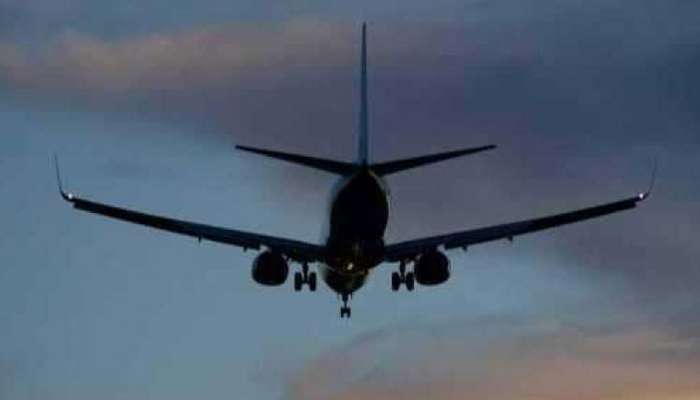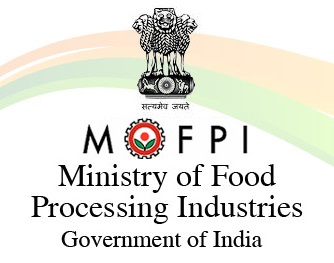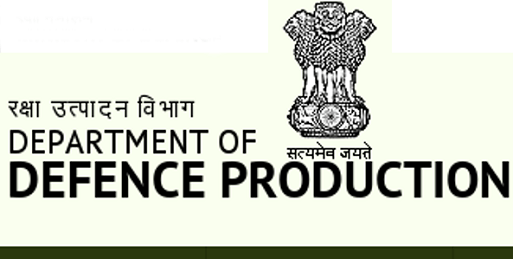The Directorate General of Civil Aviation (DGCA) has introduced significant changes to Flight Duty Time Limitations (FDTL) regulations, aligning with global best practices. This move, aimed at managing fatigue-related safety risks, marks a crucial step forward in addressing pilot fatigue in the civil aviation sector.
The revised FDTL regulations, effective immediately, require airline operators’ compliance by June 1, 2024. This timeline allows for adaptation to the changes, considering logistics, system adjustments, and consequential arrangements arising from the regulatory amendments.
To address and mitigate pilot fatigue concerns, DGCA conducted a comprehensive data-driven analysis of pilot rosters and fatigue reports submitted by airline operators. Key areas inducing fatigue were identified, leading to the formulation of the revised FDTL regulations with input from stakeholders, including airline operators, pilot associations, and individuals. The amendments incorporate worldwide best practices (FAA – USA and EASA – EU) while considering India’s specific operating environment.
Key Highlights of the Revised FDTL Regulations:
- Extended Weekly Rest Periods: Mandates an increase in weekly rest periods from 36 to 48 hours for flight crew, ensuring adequate recovery time from cumulative fatigue.
- Night Duty Definition: Amends the definition of night to cover the period of 0000-0600 hours, aligning with the period of lowest alertness in the circadian body clock cycle.
- Flight Time and Duty Period Limits: Restricts flight time to 8 hours and duty period to 10 hours for flight operations encroaching into the night, with a maximum of two landings during night operations.
In addition, DGCA requires airline operators to submit quarterly fatigue reports, ensuring a non-punitive and confidential approach. The DGCA envisions adopting a Fatigue Risk Management System (FRMS) in the future. FRMS is a data-driven approach to enhance monitoring and reporting of flight crew fatigue, requiring collaboration among aviation stakeholders for its successful implementation.
The revised FDTL regulations represent a significant milestone in the pursuit of safer skies within the Indian aviation sector.





